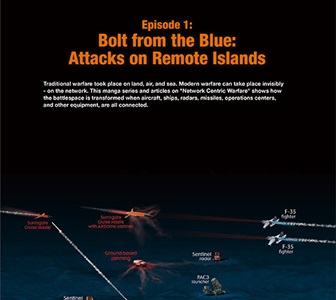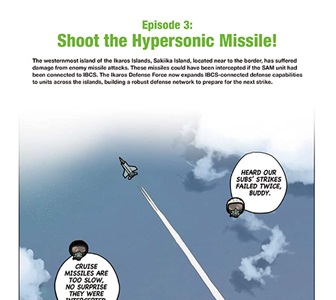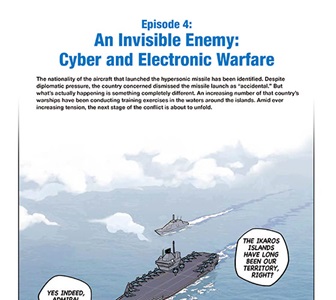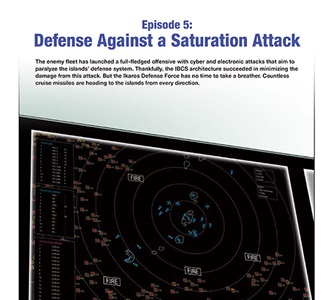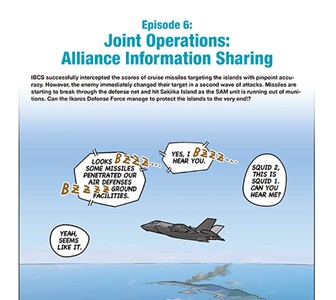Bolt from the Blue: Attacks on Remote Islands
Northrop Grumman in Japan
Providing a range of capabilities and technologies for the Japan Self-Defense Force.

A Close Partnership
Northrop Grumman has a long history in Japan dating back to the late 1950s when the Japan Self-Defense Force (JSDF) used the Grumman Avenger aircraft for maritime patrol, the Albatross aircraft for search and rescue, and the Tracker aircraft for anti-submarine warfare. This close partnership with Japan continues today with Northrop Grumman providing support to all the major branches of the JSDF on a range of defense, security and information systems programs.

Glide Phase Interceptor Cooperative Development Agreement
Under the Glide Phase Interceptor (GPI) Cooperative Development agreement, the U.S. Missile Defense Agency and Northrop Grumman will collaborate with the Japanese Ministry of Defense and its industry partners to develop elements of the interceptor. The Japanese-provided systems will be integrated into the GPI All-Up-Round.

MQ-8C Fire Scout
Fire Scout is a combat proven, autonomous helicopter system that provides real-time Intelligence, Surveillance, Reconnaissance, and Target-acquisition (ISR&T), laser designation, and battle management to tactical users without relying on manned aircraft or space-based assets. Fire Scout has the ability to operate from any air-capable ship or land base in support of persistent ISR&T requirements.

MQ-4C Triton
Based on the proven Global Hawk unmanned aircraft system (UAS), Triton is equipped with a unique and robust mission sensor suite that provides 360-degree coverage on all sensors. It will provide round-the-clock maritime wide-area ISR for the U.S. Navy and Royal Australian Air Force. The U.S. Navy first deployed the Triton to Guam in 2020, where it quickly became an “invaluable asset.”
Integrated Battle Command System (IBCS)
To be fielded by the U.S. Army, the Integrated Battle Command System (IBCS) implements a modular, open and scalable architecture that is foundational to integrating available assets in the battlespace, regardless of source, service or domain. Its architecture enables the efficient and affordable integration of current and future systems and extends the battlespace by disaggregating sensors and effectors. Northrop Grumman is pioneering joint all-domain command and control with IBCS.
Learn More About IBCS at Northrop Grumman
Learning IBCS with Manga
Introduction to Network Centric Warfare

Advanced Anti-Radiation Guided Missile – Extended Range (AARGM-ER)
AARGM-ER is a supersonic, air-launched tactical missile system that will allow pilots to defend against today’s modern surface-to-air threats. It is able to rapidly detect and then fly out to defeat even distant land- and sea-based air-defense systems that are targeting friendly operations.
AARGM-ER will provide vital counter-air-defense capability for U.S Navy, Air Force and Marine Corps warfighters. It is being integrated on the Navy F/A-18E/F Super Hornet and EA-18G Growler aircraft as well as the F-35 aircraft.

Electronic Warfare and Attack
Northrop Grumman’s electronic warfare and electronic attack systems protect surface ships and aircraft from missiles, providing early detection, signal analysis and threat warning. Once the system detects an incoming threat, it responds by emitting tight blasts of precisely controlled radio-frequency energy.

Space Domain Awareness
Space Domain Awareness (SDA) allows the tracking of human-made objects in space with timely and precise orbital predictions. As the world increases its reliance on space for economic, scientific, and national security needs, governments have made SDA a top priority. For over a decade, Northrop Grumman has delivered ground and space products to monitor the space environment and aid in the detection, identification, and characterization of space objects. We are a world leader in rendezvous and proximity operations in LEO and GEO providing our customers critical logistics, servicing, and inspection capabilities across a wide variety of mission domains.
Missile Warning and Tracking
Northrop Grumman is proud of its 60+ years of experience providing space-based, global missile warning and tracking systems.
Northrop Grumman is proud of its 60+ years of experience providing space-based, global missile warning and tracking systems. The satellites' agile sensors will maintain quality tracks of the threats continually and enable handoff for targeting of enemy missiles, including hypersonic threats launched from land, sea, or air.

Next-Generation Space Capabilities
SpaceLogistics, a wholly owned subsidiary of Northrop Grumman, provides cooperative space logistics and in-orbit satellite servicing to geosynchronous satellite operators using its fleet of commercial servicing vehicles—the Mission Extension Vehicle, the Mission Robotic Vehicle and the Mission Extension Pods.

Counter Hypersonics
Northrop Grumman is working on groundbreaking solutions to help defeat modern hypersonic missiles in various phases of flight, including developing the Glide Phase Interceptor (GPI) supporting the U.S. Missile Defense Agency’s regional hypersonic missile defense program.
Additional Programs
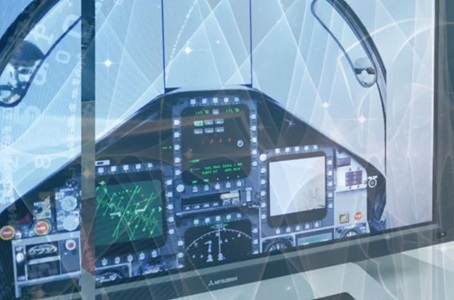
Live, Virtual and Constructive (LVC)
Northrop Grumman is the only company with demonstrated successes in connecting the live environment to actual warfighter simulators.
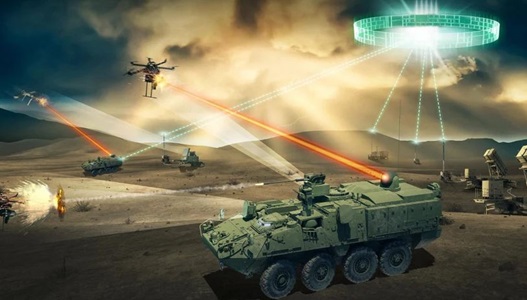
Counter Unmanned Aerial Systems (C-UAS)
Northrop Grumman provides an integrated, layered solution, from sensing to intercept.

AN/TPS-80
An advanced Active Electronically Scanned Array (AESA) multi-mission radar with 360-degree coverage against a broad array of threats.
Ongoing Programs

E-2C Hawkeye
The Japan Air Self-Defense Force (JASDF) has operated 13 E-2C Hawkeye airborne early warning aircraft since 1983.

E-2D Advanced Hawkeye
The E-2D Advanced Hawkeye was selected in 2014 to fulfill Japan’s evolving airborne early warning and command and control (AEW&C) requirements. The aircraft’s updated sensor suite and network connectivity provide seamless information flow for more accurate and timely decision-making.

RQ-4B Global Hawk
In 2014 Japan selected the RQ-4B Global Hawk to be an integral part of the nation’s ISR assets. The Global Hawk unmanned aircraft system can collect a wide variety of intelligence data while flying for more than 30 hours at altitudes of up to 60,000 feet.
Northrop Grumman provides major F-35A components and systems to the Japan Ministry of Defense. Our partnerships with Japanese industry focus on radar, communication and navigation and the center fuselage for the F-35A.
The Japan Ground Self-Defense Force (JGSDF) operates the Northrop Grumman Longbow Radar and APR-39 radar warning receiver on the AH-64D.
The Japan Maritime Self-Defense Force (JMSDF) operates the Northrop Grumman Airborne Laser Mine Detection System (ALMDS) and AQS-24A mine hunting sonar from the MCH-101 Airborne Mine Countermeasure Helicopter.
TThe Japan Air Self-Defense Force (JASDF) operates various Northrop Grumman mission and flight avionics such as radar and electronic warfare, navigation systems and IFF systems on F-4, F-15, F-35, E-767 AWACS and C-130 aircraft.
In the News
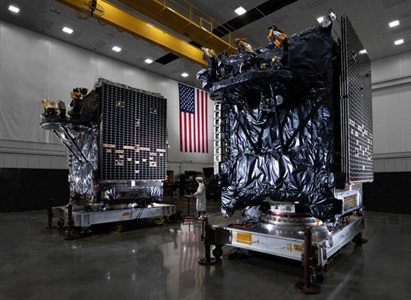
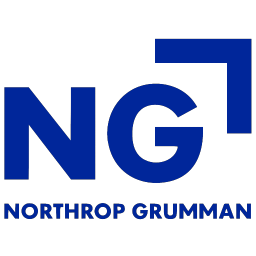
Northrop Grumman and Mitsubishi Electronic to Support Core Mission Capabilities in Japan
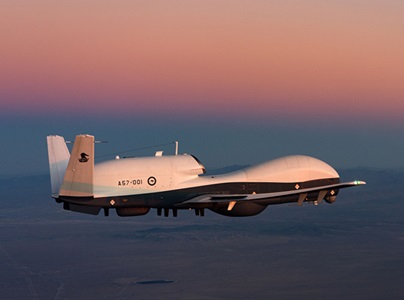
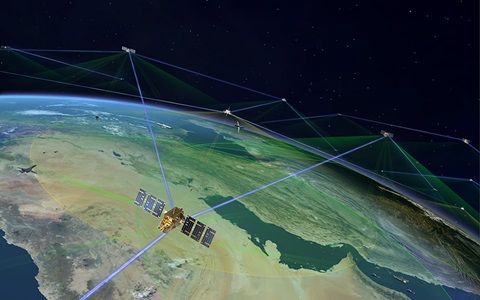
Northrop Grumman Completes Preliminary Design Review for Proliferated Data Transport Satellites
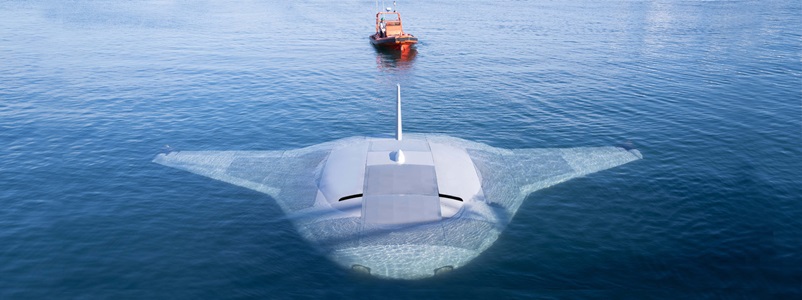
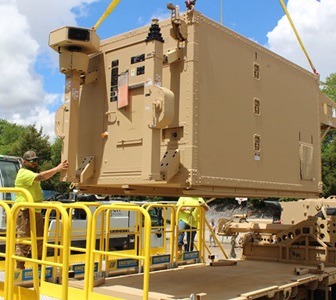
Northrop Grumman Delivers First Full Set of Integrated Battle Command System Equipment to the US Army
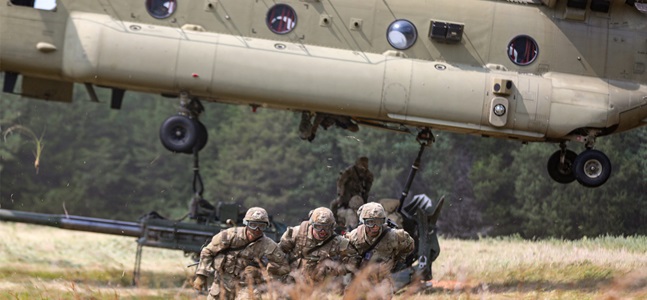
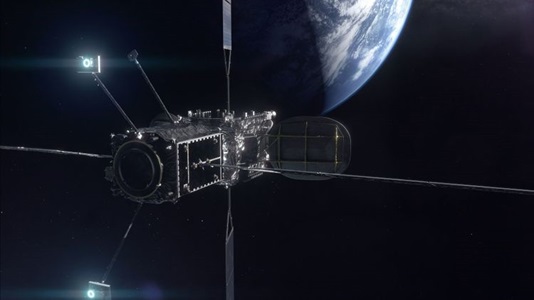
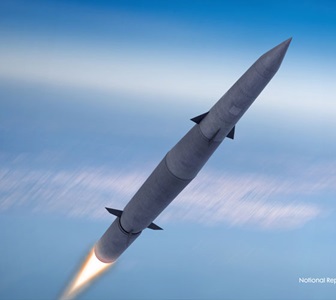
Northrop Grumman to Support US-Japan Glide Phase Interceptor Cooperative Development Agreement
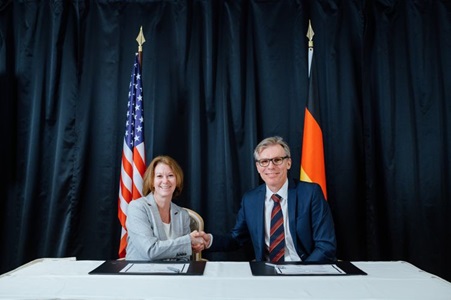
Northrop Grumman and Diehl Defence to Collaborate on Integrated Air and Missile Defense Capabilities
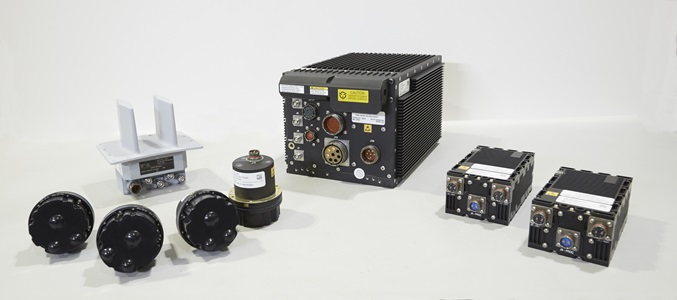
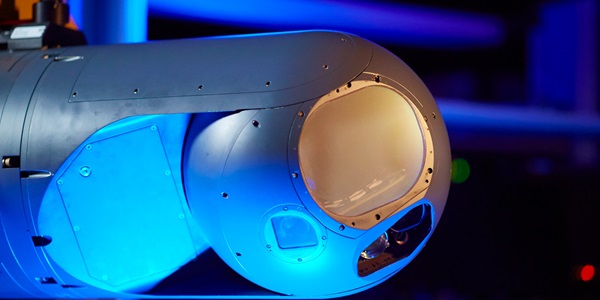
Northrop Grumman’s LITENING Targeting Pod Fleet Upgrading to Large Aperture by US Air Force
Northrop Grumman Completes Critical Design Review for the Space Development Agency’s Tranche 1 Tracking Layer
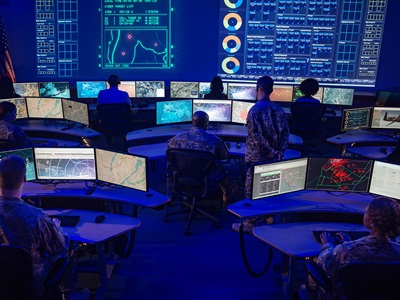
Northrop Grumman to Help Drive Digital Transformation within Defense Intelligence Community
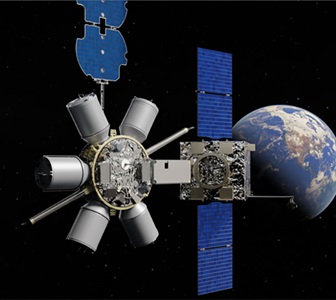
Northrop Grumman Satellite-Refueling Technology Selected as First Preferred Refueling Solution Interface Standard for Space Systems Command (SSC)
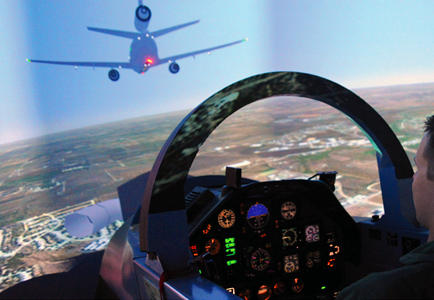
Training event successfully integrates fifth-generation platforms to prepare warfighters for the future battlespace
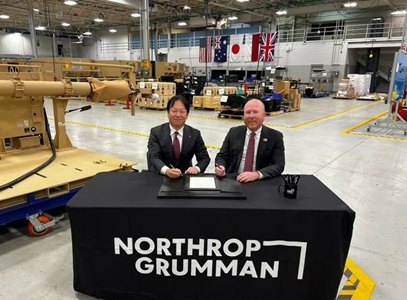
Northrop Grumman and Mitsubishi Electric Collaborate to Elevate the Networking of Japan’s Integrated Air & Missile Defense Systems
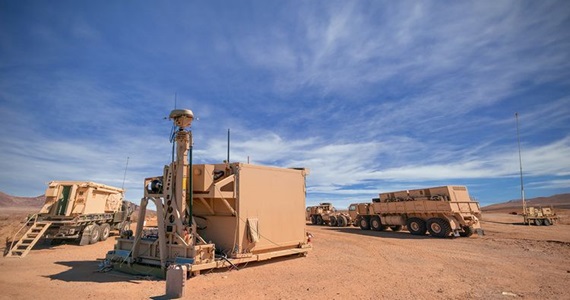
Northrop Grumman’s IBCS Expands the Battlespace During Live-Fire Flight Tests with New Sensor
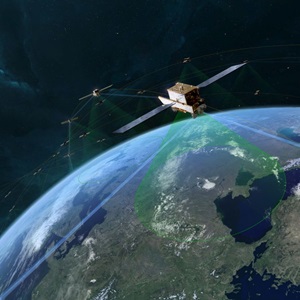
Northrop Grumman Selected to Deliver Nearly 40 More Data Transport Satellites for Space Development Agency’s Next Generation Low-Earth Orbit Constellation of Connectivity
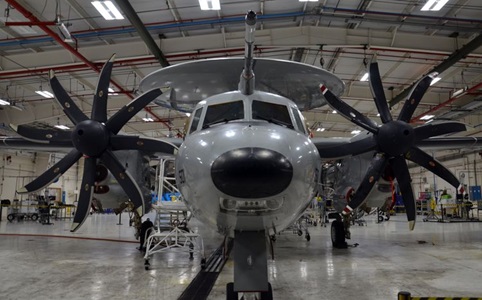
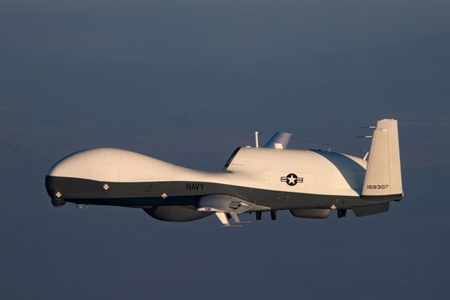
Northrop Grumman MQ-4C Triton Achieves Initial Operating Capability with the US Navy
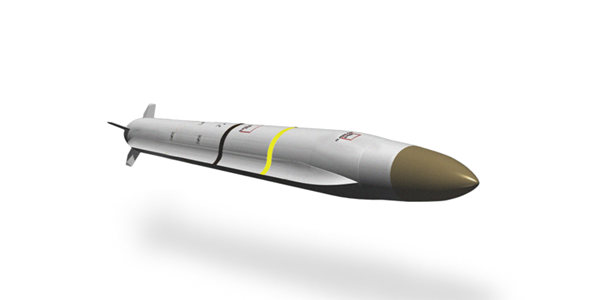
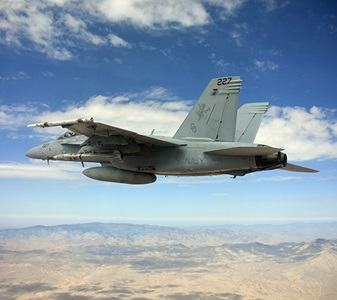
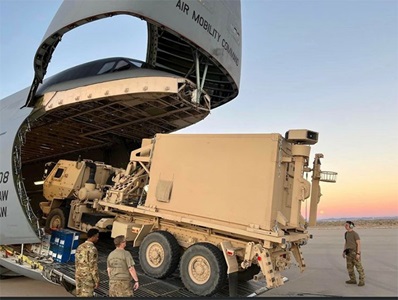

Northrop Grumman’s IBCS Uses New Weapons Data Link to Engage Patriot Missile During Flight Test, Removing Existing Dependencies
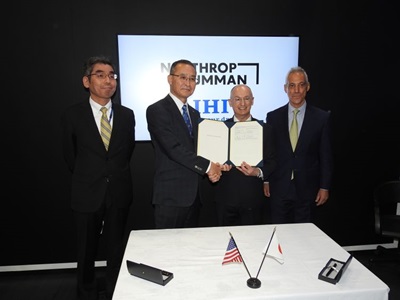
Northrop Grumman and IHI Sign MOU to Collaborate on Small Maneuverable Satellites for Japan
Northrop Grumman in the News
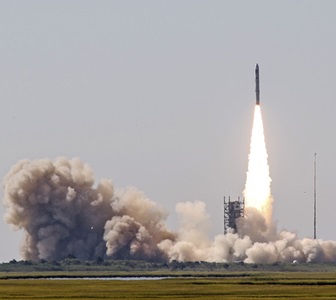
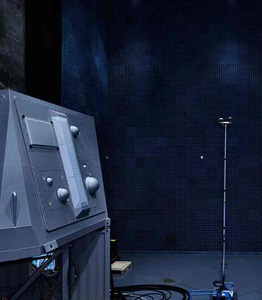
After RIMPAC, Northrop eyes additional at-sea tests for smaller jammer
Northrop Grumman is quietly crafting an electronic-warfare suite designed to fit aboard smaller vessels.
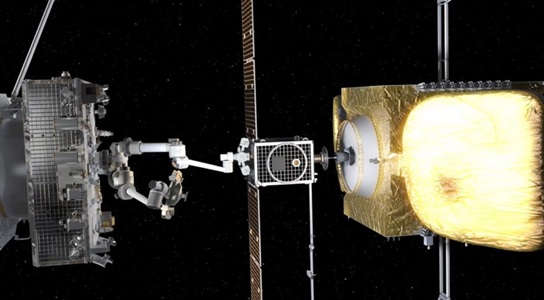
Northrop Grumman to launch new satellite-servicing mission in 2024
The first customer for the Mission Robotic Vehicle is Optus, Australia’s largest satellite operator
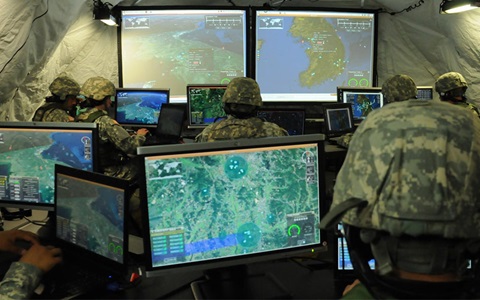
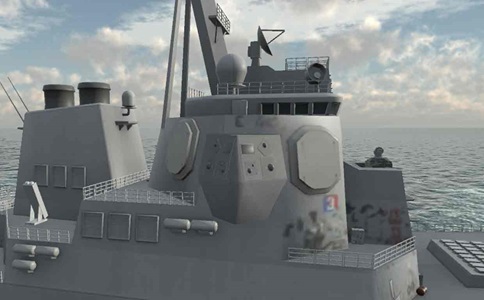
Northrop looks to adapt electronic attack system for smaller ships
A discussion on the adaptability of Northrop Grumman’s SEWIP electronic attack system to a wider variety of naval ships.
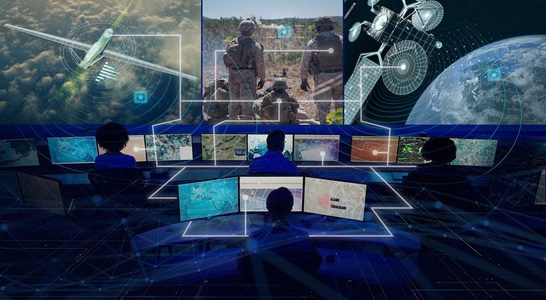
Wired magazine: The New Technology Uniting the U.S. Military
How Northrop Grumman is connecting every branch of the armed forces to create a more secure future
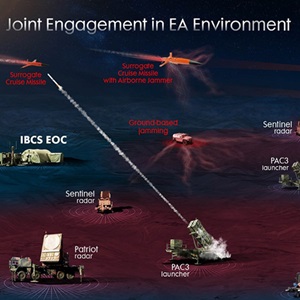
IBCS in the News
A discussion of the merits of Northrop Grumman’s Integrated Battle Command System.

Regional Activities
Northrop Grumman is proud to support STEM education and community in Japan.

Leadership
Om Prakash is the chief executive for Northrop Grumman in Japan. He is responsible for leading the company's business in Japan by supporting current programs and developing strategies for growth.
Before assuming his current role, Prakash was a director in the corporate strategy group at Northrop Grumman, responsible for conducting strategic planning and analysis of business initiatives. He oversaw the annual and long-range strategic planning process.
Prakash served more than 25 years in the U.S. Air Force and held leadership positions at various levels in operations, training and developmental test. In one role, he worked directly for the secretary and chief of staff of the Air Force developing strategy and policy.
Prakash is a former instructor of the U.S. Air Force Test Pilot School. He has flown, tested or instructed in more than 60 different aircraft for more than 3,000 hours.
Contact Us
Northrop Grumman in Japan
Prudential Tower 3F, 2-13-10, Nagatacho, Chiyoda-ku, Tokyo 100-0014
Office number: +81-3-6635-2101 Fax: +81-3-3519-9088
